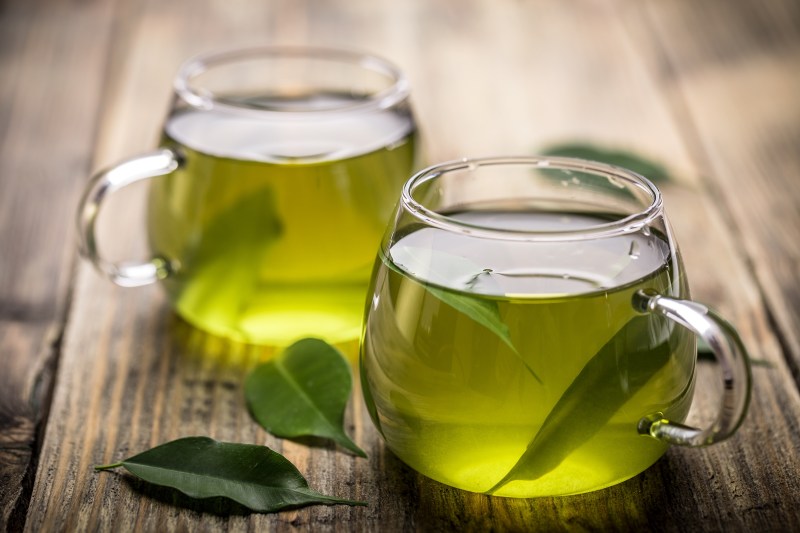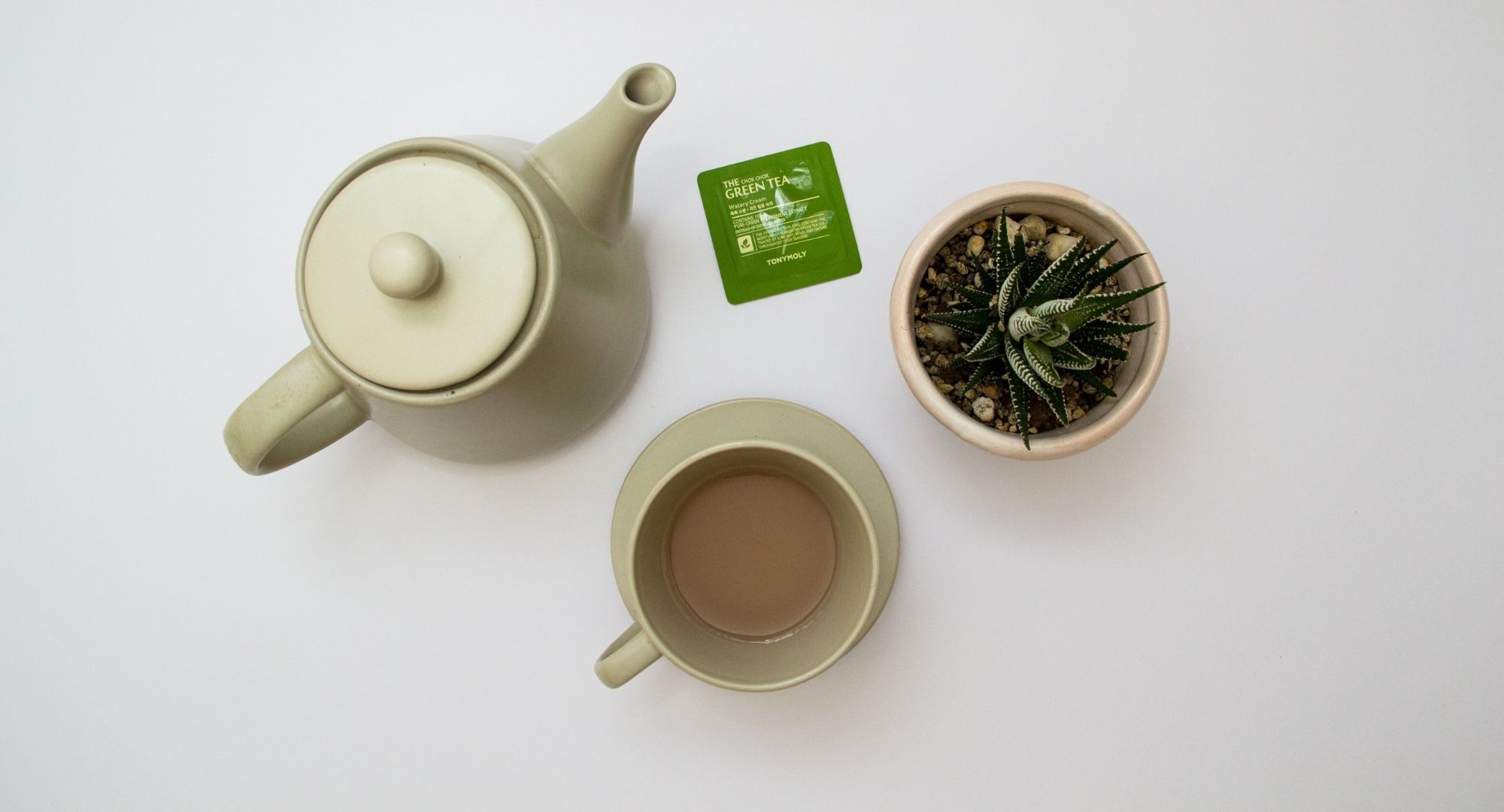
Your metabolism is a key player in your health and weight loss goals. It’s responsible for converting the food you eat into energy. A faster metabolism means you burn more calories at rest and during exercise, which can help you lose weight and improve your overall health.
There are a few ways to boost your metabolism, like eating a healthy diet and exercising regularly. But if you’re looking for a simple (and effective) way to kickstart your metabolism, all you have to do is rummage through your pantry for a box of green tea.

What is green tea good for?
Green tea isn’t just a fad beverage for yogis. It’s a centuries-old Asian medicinal beverage that’s been credited with a variety of health benefits, including:
- Reduced risk of heart disease and stroke
- Improved brain function and memory
- Reduced risk of cancer
- Protection against type 2 diabetes
- Improved bone health
- Reduced risk of Alzheimer’s disease and Parkinson’s disease
One of the most popular green tea benefits is its potential to boost metabolism and promote weight loss.
Does green tea help you lose weight?
Maybe. Some evidence suggests green tea is effective for weight loss, but the results may not be as dramatic as some may hope.
Green tea contains two key compounds: caffeine and catechins. Together, they work synergistically to promote thermogenesis (heat production) and fat oxidation (the breakdown of fats) in the body, leading to a modest increase in metabolic rate.
Here’s a brief overview of what the research says about green tea and its effects on weight loss and metabolism:
- A 2008 study found that participants who took green tea extract before exercise burned 17% more fat than those who did not.
- A different 2008 study found that obese participants who took green tea extract for three months lost 7.3 more pounds and burned 183 more calories per day than those who did not.
- One systematic review of randomized controlled trials (published in 2012) found that green tea preparations induced weight loss in overweight or obese adults.
- A 2016 randomized, double-blind, placebo-controlled clinical trial found that high-dose green tea extract significantly reduced weight and waist circumference in women with central obesity.
While most of these studies focus on green tea extract, there’s evidence that drinking green tea also benefits metabolism and weight loss.
But don’t expect to drop pounds overnight — green tea isn’t a magic solution for weight loss. Regular exercise, a healthy diet, and good lifestyle choices are still an important part of achieving and maintaining a healthy weight.

How to make green tea
Green tea is pretty easy to make, and you can enjoy it hot or cold. But if you’re trying to improve your metabolism, you should opt for hot green tea.
Here’s how to make it:
- Boil water in a kettle or pot. Heat it to a temperature of 175-185 degrees Fahrenheit (80-85 degrees Celsius).
- Place one green tea bag into a cup. (You can use loose-leaf tea if you’d like, but you’ll need a strainer or infuser.)
- Pour the hot water over the tea and let it steep for three to five minutes. Covering the cup with a lid during steeping can help preserve the flavors and aromas.
- Remove the tea bag or strain the loose-leaf tea to separate it from the liquid, and enjoy.
How much green tea should you drink for weight loss?
There’s no one-size-fits-all answer, as the amount needed varies depending on your metabolism, caffeine intake, and overall health. However, some studies suggest drinking three to five cups per day may be helpful.
If you’re new to green tea, start with one cup and gradually increase your intake based on how your body responds. While green tea is generally safe in moderate amounts, it does contain caffeine and may have side effects for some people.
Is AriZona green tea good for you?
The short answer is: not really.
AriZona green tea is loaded with sugar. A 16-ounce can contains 34 grams of sugar, which is more than the recommended daily intake for adults. This added sugar can offset the health benefits of green tea and may contribute to weight gain and other health problems.
Some premade green tea drinks also contain artificial sweeteners, preservatives, and other unhealthy ingredients.
If you’re looking for a healthy way to enjoy green tea, it’s best to brew your own at home. This way, you can control what goes into it.

How to boost metabolism the natural way
Want to know how to increase metabolism naturally? Incorporating green tea into your diet is just one of the many things you can do.
Here are a few other natural ways to boost your metabolism:
- Eat plenty of fiber-rich foods. Fruits, vegetables, whole grains, and legumes are all good sources of fiber. Fiber helps you feel full and satisfied, which can help prevent overeating and promote weight management.
- Stay hydrated: Staying hydrated helps to regulate body temperature, transport nutrients, and remove waste products.
- Get enough sleep. When you don’t get enough sleep, your body produces more cortisol. Cortisol (a stress hormone) can lead to weight gain and other health problems. Aim for seven to nine hours of sleep each night.



